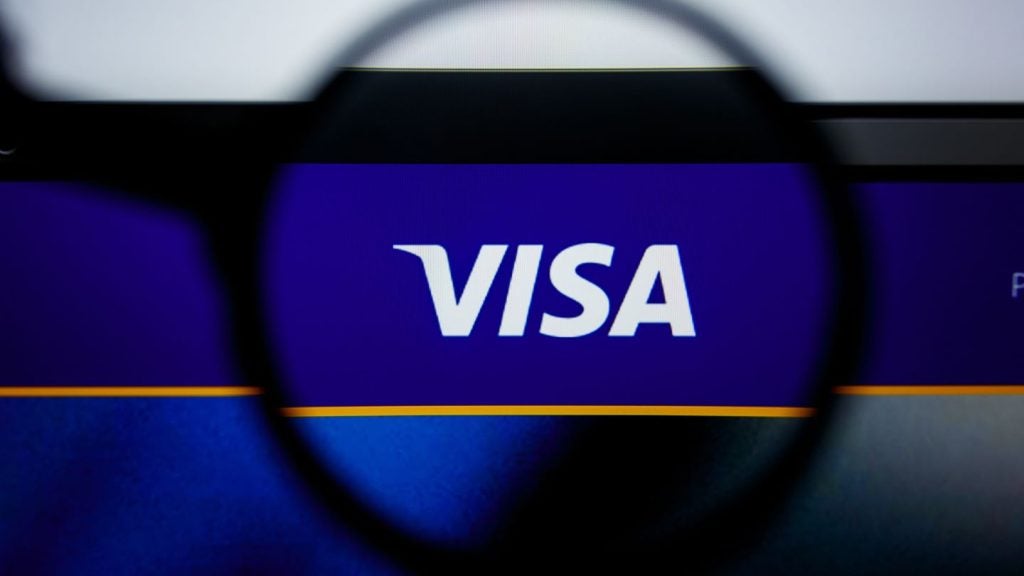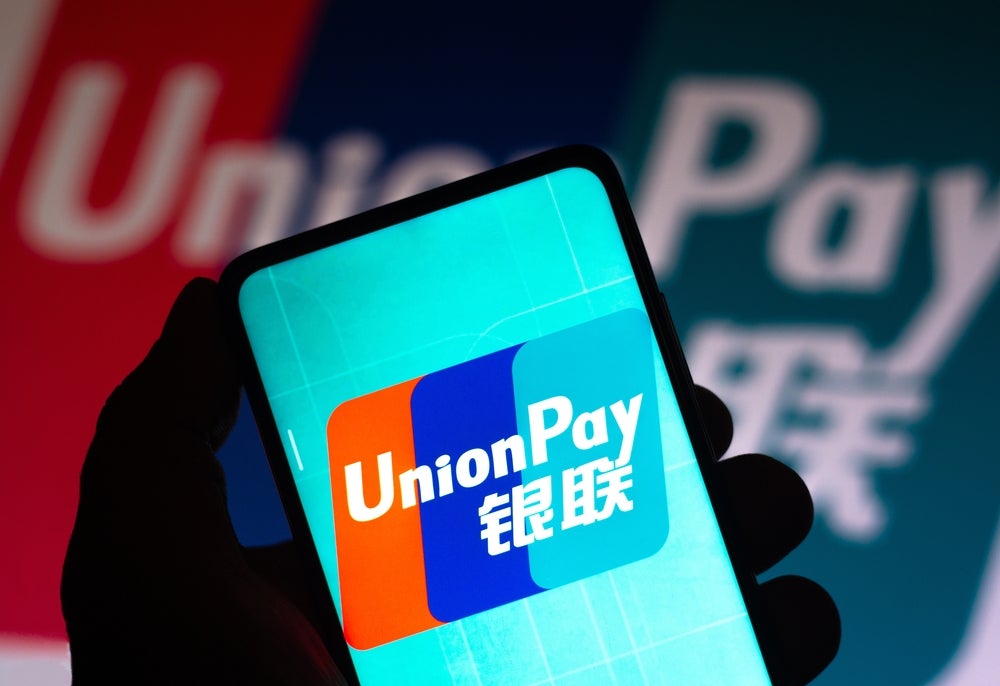The apex banks of Russia and China are set to discuss the use and promotion of their respective domestic payment systems in both countries, the Russian news agency TASS has reported.
China’s Ambassador to Russia Zhang Hanhui told the news agency in an interview that the central banks of both countries will solve the issue concerning the promotion and use of MIR and UnionPay systems through consultations.
Hanhui also said that China is welcoming the use of the yuan by Russians and keeping of savings in this currency.
He further said: “It should be particularly noted that the yuan rate continues to become stronger against risks. Despite the effect of risks related to the pandemic and geopolitical conflicts, the yuan keeps base stability in the rational and balance range, which has not merely played an important role in stabilising financial markets but also increased attractiveness of yuan-denominated assets.”
The news comes as sanctions by the US and its allies continues to target Russia over its ongoing military invasion in Ukraine.
In the wake of sanctions, which seeks to cut off Russia from the global financial system, a slew of payment firm, including Visa, Mastercard and Amex, halted their services in the country.
How well do you really know your competitors?
Access the most comprehensive Company Profiles on the market, powered by GlobalData. Save hours of research. Gain competitive edge.

Thank you!
Your download email will arrive shortly
Not ready to buy yet? Download a free sample
We are confident about the unique quality of our Company Profiles. However, we want you to make the most beneficial decision for your business, so we offer a free sample that you can download by submitting the below form
By GlobalDataIn March, a report by Reuters said that the Russian banks are looking to tap China’s UnionPay to issue MIR cards and circumvent sanctions.
Last month, an executive with Russia’s payment system told Reuters that Russia will partner with Chinese microchip manufacturers to fill the growing demand for bank cards linked to the MIR.







